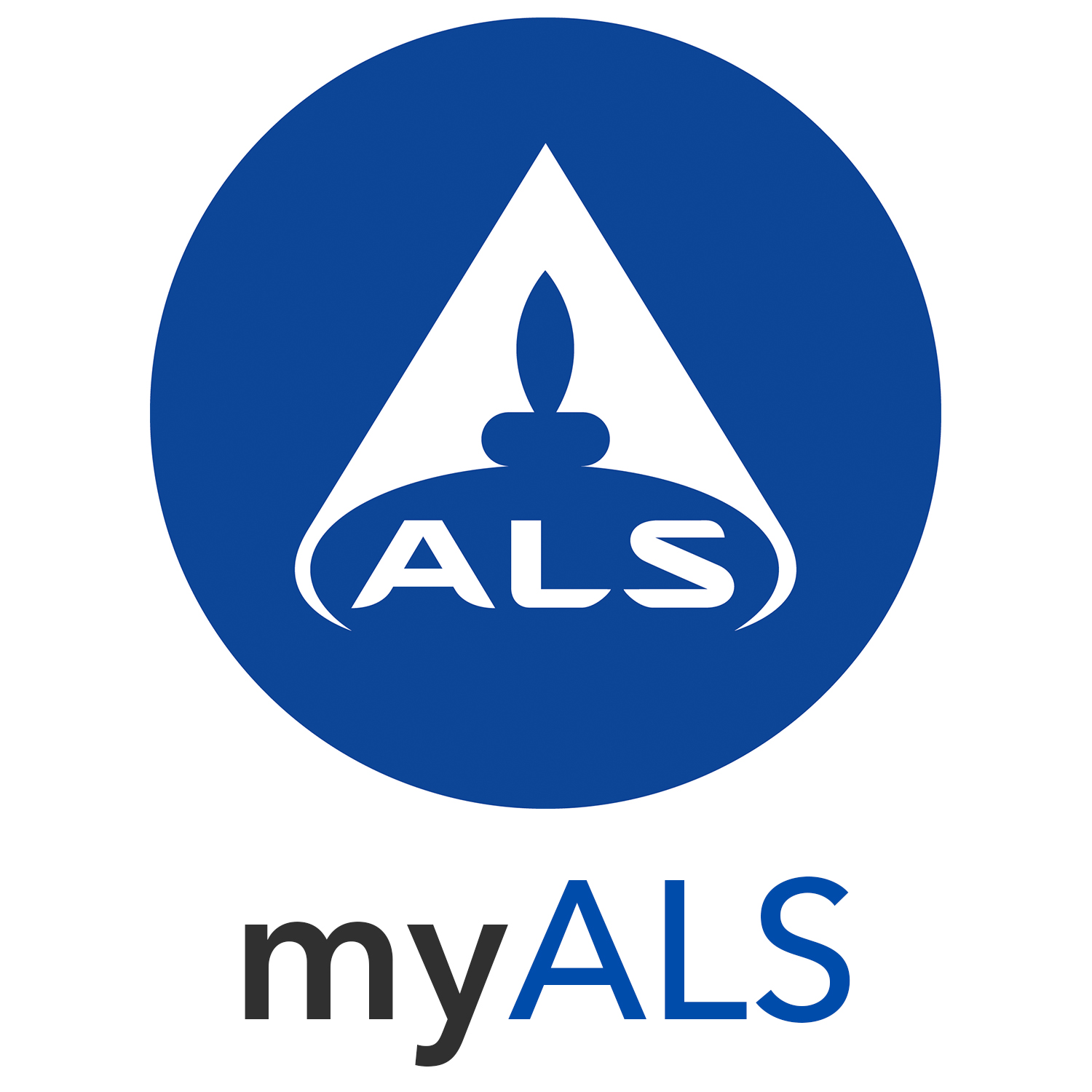ALS Environmental Strengthen Offering to Waste Market with new Persistent Organic Pollutants and Refuse Derived Fuel Suites.
Oct 5, 2016
 ALS Environmental have been at the forefront of the Waste Management testing market for over 20 years. We have led the market in terms of analytical development such as NEN7375 Tank Testing, WAC and HMRC compliant Loss on Ignition testing. Now ALS will be one of the first UK laboratories to be able to offer an extensive Persistent Organic Pollutants (POPs) suite of testing including all 12 of the Stockholm convention POPs.
ALS Environmental have been at the forefront of the Waste Management testing market for over 20 years. We have led the market in terms of analytical development such as NEN7375 Tank Testing, WAC and HMRC compliant Loss on Ignition testing. Now ALS will be one of the first UK laboratories to be able to offer an extensive Persistent Organic Pollutants (POPs) suite of testing including all 12 of the Stockholm convention POPs.
The use of POPs can be traced back to the 1930's but their impact on the environment has taken decades to understand. The culmination of this understanding can be found in the Stockholm Convention which came into effect in May 2004 which can be found under EC 850 / 2004. The relevance for the UK market is driven from the updated Waste Management 3 (WM3) regulations. Under WM3, as "Step 5" a waste producer should consider if the substances in the waste are Hazardous or contains POPs.
To view the source and background of the Stockholm 12 POPS click here.

ALS Environmental utilise a Negative Chemical Ionisation (NCI) approach using a unique High Resolution Mass Spectroscopy (HRMS) to identify our suite of POPs. This analysis is undertaken at our European Centre of Excellence in Pardubice, Czech Republic, and enables us to offer market leading reporting limits and turnaround times for a complex range of analytical parameters.
Click here to see the ALS Environmental POPs Suite.
In addition to POPs, ALS Environmental are also able to assist with the full analysis for Refuse Derived Fuel (RDF) analysis. RDF consists mainly of combustible components of municipal waste such as plastics along with other biodegradable waste. We are also able to offer analysis for Solid Recovered Fuel (SRF) which is produced by shredding and dehydrating solid waste via waste converter technology.
RDF can be used in many ways to produce electricity. It can be used alongside traditional sources of fuel in coal power plants. In Europe, RDF can be used in the cement kiln industry, where the strict standards of the Waste Incineration Directive (Directive 2000/76/EC) are met.
To download our technical datasheet on Refuse Derived Fuel, click here.
To request a quote for POPs, RDF or any other analytical requirements, please contact us or call us on 02476 421 213.


